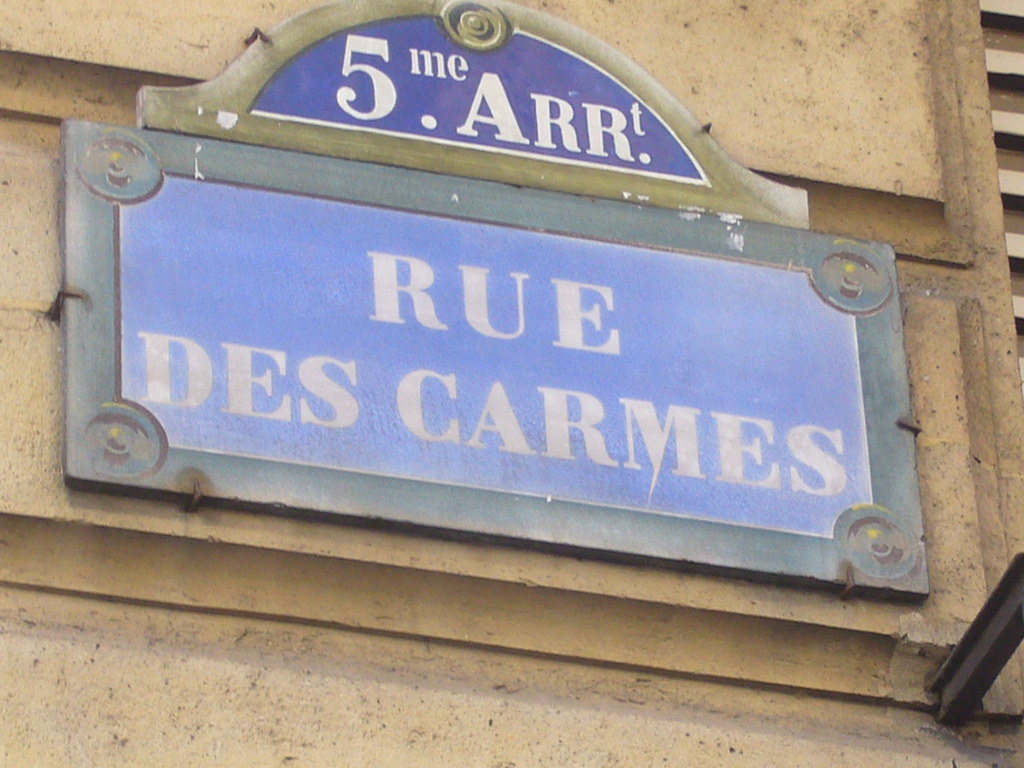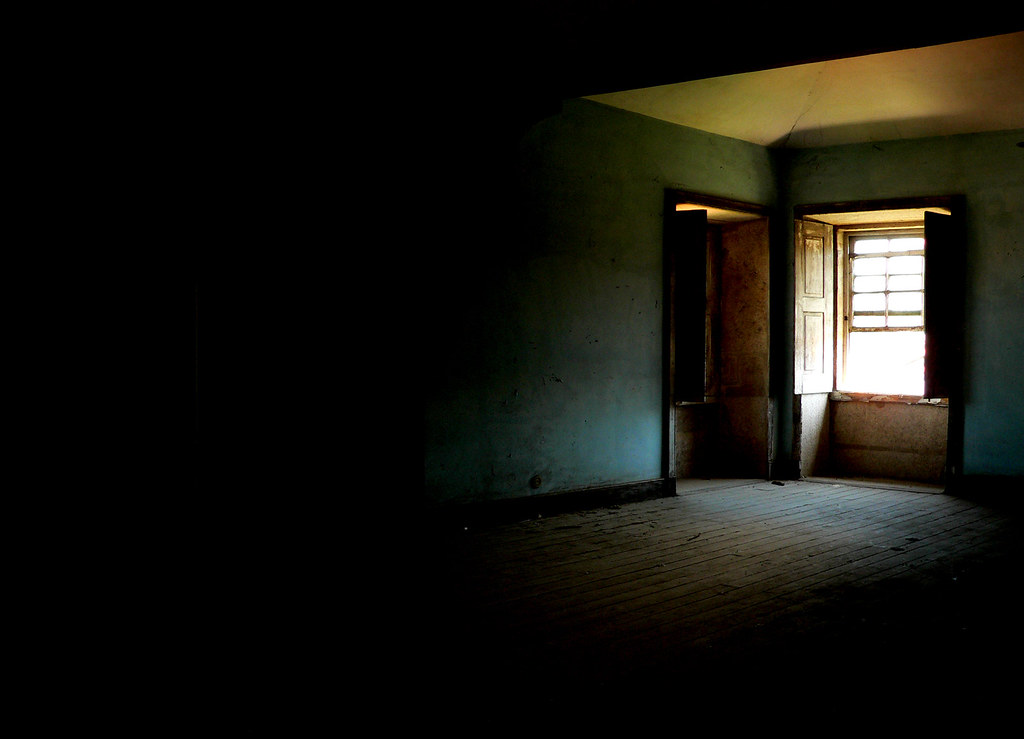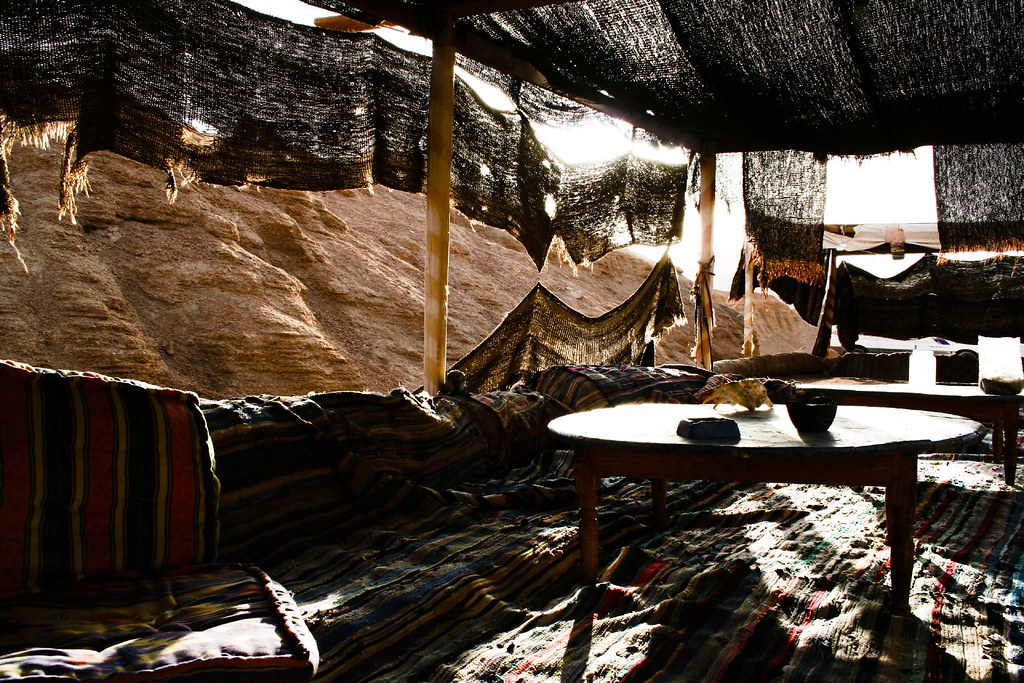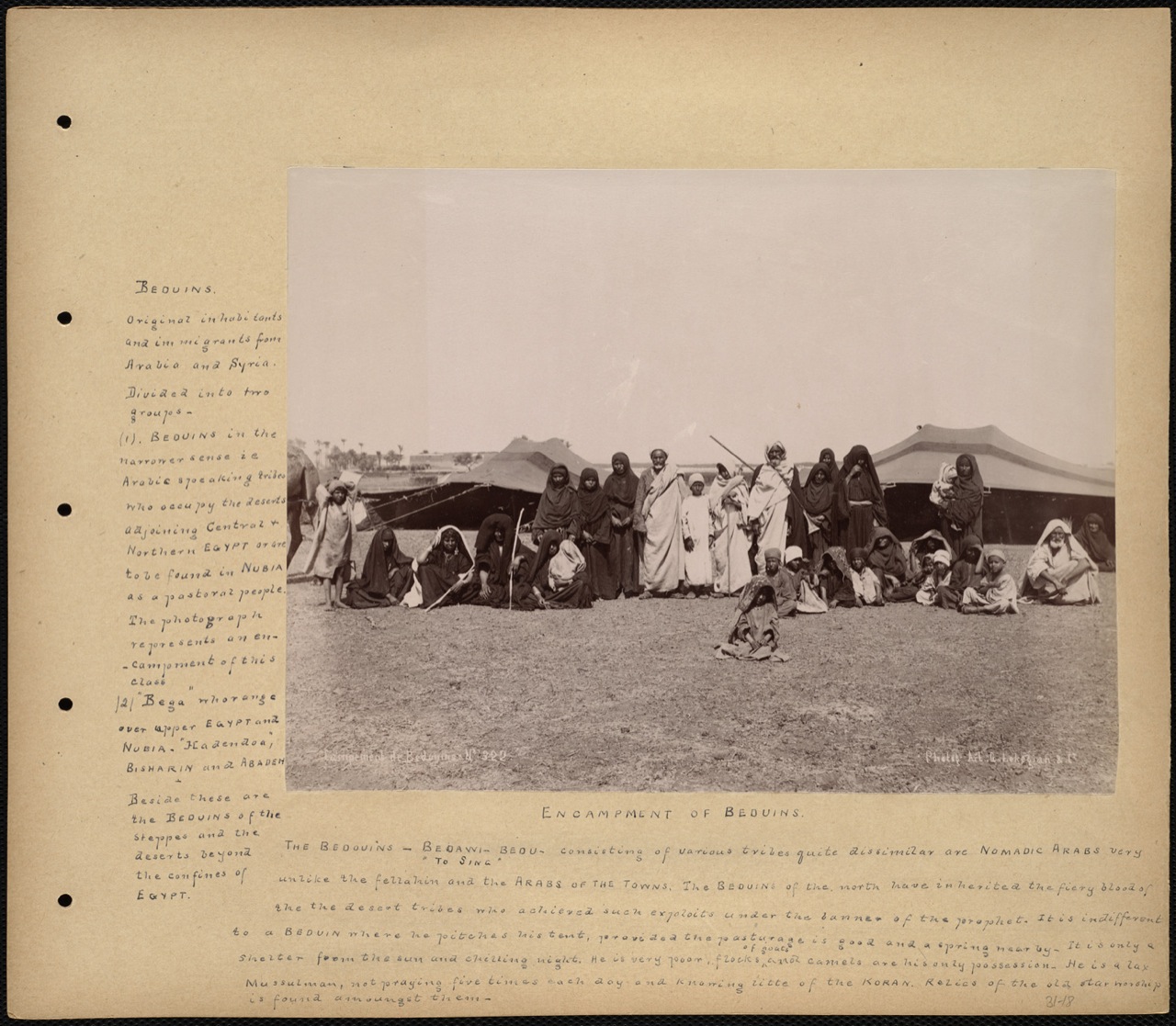.

Cinquièmrue 6 (3 rue Basse des Carmes, Paris 5 e.): photo by André Fantelin, 24 August 2012
.......Locvizza il 30 settembre 1916
Si chiamava
Moammed Sceab
Discendente
di emiri nomadi
suicida
perchè non aveva più
Patria
Amò la Francia
e mutò nome
Fu Marcel
ma non era Francese
e non sapeva più
vivere
nella tenda dei suoi
dove si ascolta la cantilena
del Corano
gustando un caffè
E non sapeva
sciogliere
il canto
del suo abbandono
L'ho accompagnato
insiema alla padrona dell'albergo
dove abitavamo
a Parigi
dal numero 5 della rue des Carmes
appasito vicolo in discesa
Riposa
nel camposanto d'Ivry
sobborgo che pare
sempre in una giornata
di una
decomposta fiera
E forse io solo
so ancora
che visse
.
Si chiamava
Moammed Sceab
Discendente
di emiri nomadi
suicida
perchè non aveva più
Patria
Amò la Francia
e mutò nome
Fu Marcel
ma non era Francese
e non sapeva più
vivere
nella tenda dei suoi
dove si ascolta la cantilena
del Corano
gustando un caffè
E non sapeva
sciogliere
il canto
del suo abbandono
L'ho accompagnato
insiema alla padrona dell'albergo
dove abitavamo
a Parigi
dal numero 5 della rue des Carmes
appasito vicolo in discesa
Riposa
nel camposanto d'Ivry
sobborgo che pare
sempre in una giornata
di una
decomposta fiera
E forse io solo
so ancora
che visse
.
.....Locvizza 30 September 1916
His name was
His name was
Mohamed Sceab
Descendant
of emirs of nomadic tribes
took his own life
because he had lost
his Homeland
Loved France
and changed his name
Was Marcel
but wasn't French
had forgot how
to simply live
sipping a coffee
sipping a coffee
in the tent of his people
where the little singsong
of the Koran is chanted
And didn't know how to
give
his separateness
a voice
a voice
I went along with the concierge
from the hotel where we lived
in Paris
following his body
down the dingy alleyway
from number 5 rue des Carmes
His remains
rest
in the cemetery at Ivry
dolorous suburb
that always brings to mind
the day
a fairground comes down
It may be I alone
still know
Giuseppe Ungaretti (1888-1970): In Memoria, 30 September 1916, from ll porto sepolto, 1916; English by TC


حسن عيد الاضحى / Très bonne fête à tous nos frères musulmans à l'occasion de l'Aïd al-Adha ! / Very good day to all our Muslim friends, day of sacrifice!: street Art (collage) by Matlaw, Rue des Carmes, Quartier Panthéon, Paris: photo by Mickaël VO Y PHONG, 26 October 2012

Rue des Carmes, Paris: photo by Omar (ahmed1948), 10 October 2009


Panhard automotive factory, rue Nationale, Ivry, Paris: photographer unknown, n.d.; image by crescendixx, 18 May 2012
Fairgrounds at the Soviet pavilion at Paris International Exposition of 1925, designed by Konstantin Mel'nikov: photographer unknown, from Ross Wolfe: The Charnel-House: from Bauhaus to Bauhaus, 3 August 2013
Fairgrounds at the Soviet pavilion at Paris International Exposition of 1925, designed by Konstantin Mel'nikov: photographer unknown, from Ross Wolfe: The Charnel-House: from Bauhaus to Bauhaus, 3 August 2013

connection: photo by hhill, 15 May 2007

Catacombs, Montparnasse, Paris: photo by Simon_K, 3 August 2013

Bedouin tent, Sharm El Sheik, Egypt: photo by Michele Orsi, 7 May 2007

Encampment of Bedouins, on the Nile, Egypt: photo by G. Lédékian and Company, n.d. [c.1891-1895]; image by Boston Public Library, 18 November 2009 (William Vaughn Tupper Scrapbook Collection, Boston Public Library)

On the river Nile, Egypt, between Cairo and Luxor, with a slow movement on the water: photo by Absinthias, 19 November 2005




15 comments:
Birmingham's another city with people struggling to give their "separateness a voice", with lost Homelands. A city of refugees.
The temporal shifts as you move through the photographs is a melancholy thing.
I think that's an apt comparison, WB.
Ungaretti's poem, once again written in the trenches, remembers an Arab friend with whom he had moved from Alexandria to Paris in 1912; in some respects it is also a meditation on problematic matters of fate and cultural identity confronting not only his unfortunate friend, who, dislocated from his origins, had committed suicide, but the poet himself.
As all we're able to know of Mohammed Sceab is the shadowy outline sketched here, plainly it's not the scant attention to personal biography but the effort to remember, to recover, to reconstitute something larger -- a history and a cultural memory -- that is at stake.
A life and death business, as it must have seemed to the poet at the time. There, surrounded by devastation and desolation, under unfamiliar stars.
And as to the photos and those temporal shifts, a melancholy descent into the past, indeed -- is there ever any other kind of descent into the past? Not forgetting that at the time of Ungaretti's residence in that small hotel on the rue des Carmes he was attending the lectures of Henry Bergson on Temporality at the Sorbonne.
And all the men from Kerry drinking in the Abbey Tavern in San Francisco....
-- Red Shuttleworth
That's right, and furthermore it's been reported that in his lectures Prof. Bergson always stressed the importance of keeping your feet moving with great rapidity in the Present Tense whenever you cross over the International Date Line, so as to shake off any possible clinging lint (or other similar rejectamenta of the Past).
It's the final ten lines (of the translation; it's nine lines in the original) and initial two photos (the colors in the top picture are extremely beautiful) that really do it all for me this Sunday morning in very gray, chilly Rockport, MA. I'll try to remember the part about keeping my feet moving with great rapidity in the Present Tense, but will undoubtedly fail. I'm nailed in place here for another day. Curtis
Tom, Thanks for these translations. And for the picture of the poet in the trenches contemplating that "dolorous suburb that always brings to mind the day a fairground comes down." Extraordinary and somehow universal image.
-David
Curtis,
I too did like those two photographs.
Of course the colours in the old turn-of-the-last-century hand-tinted "magic lantern" slides, with their gauzy, washed-out "artificial" tones, are more fanciful than "natural" -- as, the second photo here (obviously in the very fine contemporary top shot the colours are comparatively "real").
Beautiful all the same, however, in many cases.
A couple of more or less random examples:
Man of war at anchor, Malta
Redwood Highway, California
Those newfangled idiot cameras with the handy dead man's switch attachment that takes the picture for you even if you've just been run over by a speeding train may be all very well for basic information, but where (I esk ya) are the subtle tones, the delicate gouaches, of yesteryear??
“ . . . the day a fairground comes down . . .” seems a good description of one’s own final going out. You strike your tents and move on, in a manner of speaking. Not that my life’s been a circus. Or maybe it has. Great photos. I especially like the Bedouin tent with its shadows and feeling of absence. We humans have been called “a wandering dichotomy.”
David,
Thanks very much. And yes, what an extraordinarily evocative image that is -- the desultory breaking down of the fair, the deraciné atmosphere of the bleak industrial suburb (a big German car plant there), so far from the comfortable familiarity of the Bedouin tents -- for me it's that wonderful passage that lifts the poem up from very fine to no-holds-down terrific.
So spare and telegraphic, so stripped of all that might be cosmetic or decorative, it's a style that sticks with the bare essentials, yet makes them stand out with a radiance and mystery suggestive of an inexpressible world that always remains just out of reach.
It's here, I think, that language takes on a character and aspect that might meaningfully be called "abstract" -- though the signifiers chosen for this rendering are as simple and palpable as the things one sees, touches, is touched by, every day...
Hazen, I know that feeling. There's a hincty little annual one-day commercial street fair on the next thoroughfare over from the freeway feeder, featuring the vending of all sorts of useless junk and the serial performances of what must be the very worst bands on the planet; every year the neighborhood groans under the extra burden of traffic and noise all this creates; at the end of the day it's nothing but spent food and drink containers and other assorted trash everywhere one looks; a lot of sound and fury, in short, signifying nothing; then it's all over again for another year.
Just like life, though of course one of these times the carnival won't be back again, ever.
(And by the way I love that photo of the shadows inside the tent, you can almost feel the heat, and the air currents stirring...)
Tom,
And didn't know how to
give
his separateness
a voice
-- maybe that blue of water in the last photo does it, alongside the blue of "Rue des Charmes" before it, the coat of the figure in "street Art (collage)" before that, grey blue of Bedouin tent below palest blue of sky above it. . . beautiful.
Steve, good morning, many thanks, and Yes, that's what it is, definitely.
these posts got my feet moving with great rapidity in the present tense for which I thank you all
Pura Vida
Harris
Gorgeously translated... I came in at the end of the comments, and taking note of the fairground coming down, went back up to the Italian (I have only Spanish and French), and noted:
Riposa
nel camposanto d'Ivry
sobborgo che pare
sempre in una giornata
di una
decomposta fiera
What a stanza! And the reversed chime rhymes of "camposanto" and "decomposta"... staggering. And that word in this memorial of a dead friend... (and your inclusion of the catacomb photo)... How strong such a simple-seeming poem can clang the heart...
Many thanks, Harris and Daniel.
Daniel, spot on about Ungaretti's unparalleled ability to get all the little, almost unnoticeable things right, all for the sake of the bigger picture. Which, like life, gets clearer even as it gets more mysterious, more transparent and bright even as it grows darker and more obscure. Only poetic genius can explain it... that "clang" we feel, a deep, resonant, unmistakable movement of the heart.
Harris, now that you're a poet in motion, perhaps you could advise me how to stand up without falling over?
Post a Comment